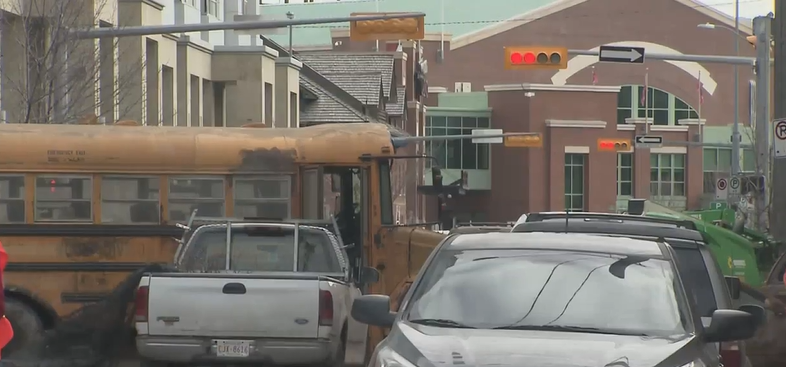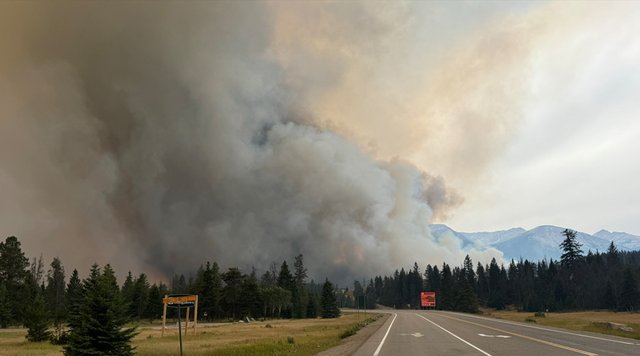Alberta’s film industry is booming but needs more workers

Posted Jul 13, 2022 10:36 am.
Last Updated Jul 13, 2022 10:37 am.
Alberta’s beautiful scenery has been the backdrop of several big film and television productions over the years, and the sector continues to heat up.
Recently, Alberta has been home to notable productions such as Ghostbusters: Afterlife, Under the Banner of Heaven, and HBO’s The Last of Us.
The province is attractive to big and small screen productions thanks in part to the government’s film and television tax credit, incentivizing blockbusters to shoot in Alberta.
But, in order to continue the upward trajectory, the industry admits it needs more hands on set.
Brock Skretting, president of Keep Alberta Rolling and board member of the Directors Guild of Canada, says it’s a positive thing to see so many job postings right now.
“There has never been so much training going on in the Alberta film industry, and I think that’s an understatement,” Skretting said.
Skretting adds with more demand for workers in the industry, it’s not uncommon to look elsewhere for labourers.
“Labour shortage is a good thing to have right? Like, it just means you’re firing on all cylinders and you’re needing to reach out to new people, and maybe those are people from other sectors,” he explains.
Shae Paterson, an Alberta-based director of photography, agrees with outside recruitment efforts.
“There is a lot of need for construction workers, welders, trades people of different kinds to build sets, electricians in the lighting department, it’s very transferable from big industry,” Paterson said.
READ MORE:
-
‘The Last of Us’ star Pedro Pascal talks Calgary, Banff on Corden
-
Big TV production ‘Last of Us’ means big economic impact for Calgary
-
Alberta’s silver screen welcomes film fanatics through big and small productions
For those not in the film industry, the opportunities might be surprising, Skretting says accountants for example, are in high demand right now.
He adds people in other film and TV sectors across Canada, even usually larger markets like Vancouver and Toronto, are starting to move to Alberta to be a part of the growing business.
“People are actually moving here and finding opportunity in some of those higher positions, and then they’re training locals,” Skretting said. “We want to encourage that to keep happening, so throw your things in a U-Haul, and we’ll employ you.”








